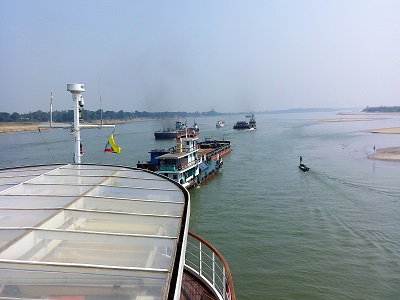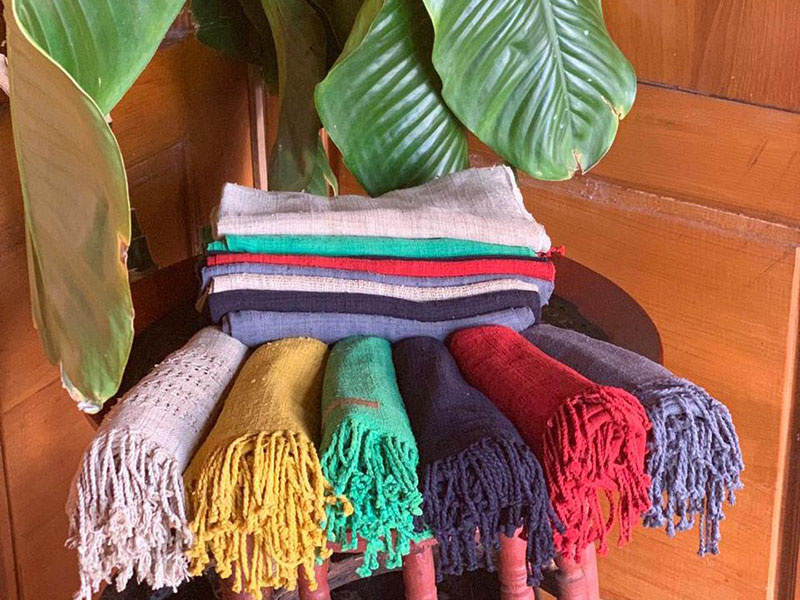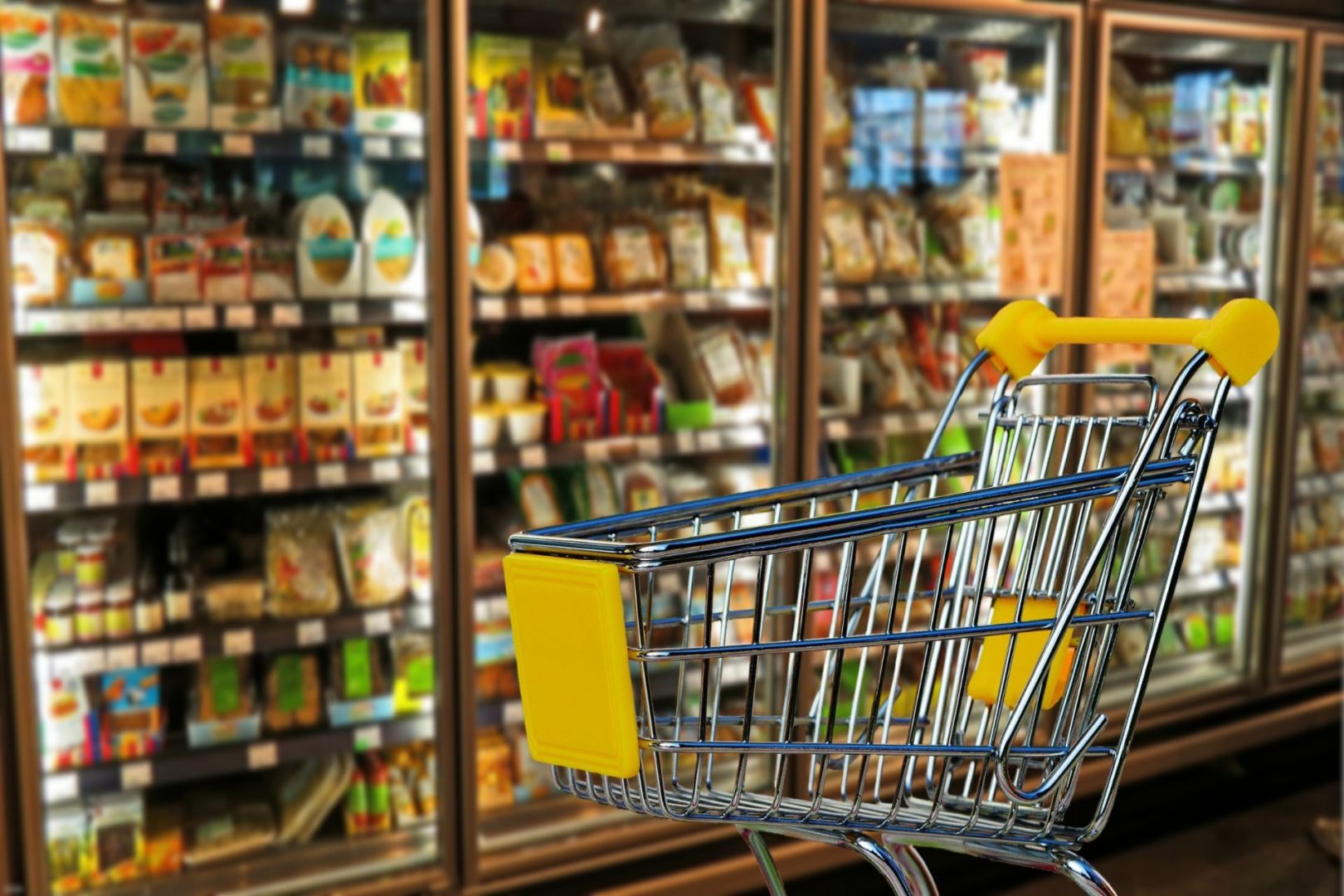
Greece has offered to buy sugar from Myanmar at US$400 per tonne per month on a free on board (FOB) system. The offer has sparked interest in the industry, as under FOB, the buyer will take delivery of the commodity as soon as the shipments leave the supplier’s shipping dock. Local traders consider these terms favourable.
It is the first time Greece has offered to import sugar from Myanmar since the government permitted the import and re-export of sugar to boost trade volumes in 2015.
In the past, sugar was mainly re-exported to China. However, to curb concurrent illicit exports that were taking place at the border, China placed a limit on sugar import volumes from Myanmar, and eventually banned all imports in September 2017, leading to the current glut.
Current, there are nearly 500,000 sugarcane farmers working for 23 sugar factories in the country. The farmers have also requested that government limit sugar imports as long as there is a surplus. Sugar imports have since been restricted. Although sugarcane is usually ground and processed in November, the local sugar factories started this year’s grinding process in December.
Source: Myanmar Times





 Myanmar watermelon traders have begun to feel the pinch of the coronavirus outbreak as Chinese buyers have stopped showing up at border crossings to buy their produce. 26 Chinese buyers failed to turn up as usual at Muse border gate in Shan State, leaving 200 trucks of watermelons and muskmelons without buyers.There are restrictions in Yunan province on gathering at parks and restaurants.
Myanmar watermelon traders have begun to feel the pinch of the coronavirus outbreak as Chinese buyers have stopped showing up at border crossings to buy their produce. 26 Chinese buyers failed to turn up as usual at Muse border gate in Shan State, leaving 200 trucks of watermelons and muskmelons without buyers.There are restrictions in Yunan province on gathering at parks and restaurants. Sino-Myanmar border trade registered an increase of US$573.668 million between 1 October and 17 January in the current financial year. Data from the ministry shows the value of Sino-Myanmar border trade rose to $2 billion in the current fiscal from $1.46 billion recorded in the year-ago period.This FY, the value of border trade totaled $1.67 billion at Muse, $33.89 million at Lweje, $188.4 million at Chinshwehaw, $140.87 million at Kanpiketee, and $2.878 million at Kengtung.
Sino-Myanmar border trade registered an increase of US$573.668 million between 1 October and 17 January in the current financial year. Data from the ministry shows the value of Sino-Myanmar border trade rose to $2 billion in the current fiscal from $1.46 billion recorded in the year-ago period.This FY, the value of border trade totaled $1.67 billion at Muse, $33.89 million at Lweje, $188.4 million at Chinshwehaw, $140.87 million at Kanpiketee, and $2.878 million at Kengtung. Maritime trade and tourism in Mon State can level up with better transport and power supply, according to a property market report.Yangon-based Picon-Deed Property Consultants released its study this month on Myanmar’s southern state highlighting how its mineral and natural resources, booming tourism industry and geographical location can capture investments and regional trade.
Maritime trade and tourism in Mon State can level up with better transport and power supply, according to a property market report.Yangon-based Picon-Deed Property Consultants released its study this month on Myanmar’s southern state highlighting how its mineral and natural resources, booming tourism industry and geographical location can capture investments and regional trade. Myanmar’s mineral exports were registered at US$832.42 million between 1 October and 10 January in the 2019-2020 financial year, showing a remarkable increase of $532.027 million compared to the year-ago period. Last year, mineral exports were pegged at just $300.39 million.
Myanmar’s mineral exports were registered at US$832.42 million between 1 October and 10 January in the 2019-2020 financial year, showing a remarkable increase of $532.027 million compared to the year-ago period. Last year, mineral exports were pegged at just $300.39 million. Japan is the largest buyer of towels woven with lotus thread. Pan Organic Wear is buying the thread derived by the residents from lotus stalks of the plants thriving in Soanye Inn lake near Soanye village in Kyaukse Township as raw material for the industry. The company is selling a towel woven with lotus and silk at over K 100,000 and with pure lotus at over K 400,000.
Japan is the largest buyer of towels woven with lotus thread. Pan Organic Wear is buying the thread derived by the residents from lotus stalks of the plants thriving in Soanye Inn lake near Soanye village in Kyaukse Township as raw material for the industry. The company is selling a towel woven with lotus and silk at over K 100,000 and with pure lotus at over K 400,000. The Ministry of Commerce (MOC) recently announced that it has issued registration cards to 72 trading firms providing retail and wholesale services.Thirty-four wholly foreign enterprises from Thailand, Japan, the Netherlands, the US, China, Singapore, Switzerland, Malaysia, Poland, the Republic of Korea, and Germany have been granted registrations, along with 11 domestic businesses owned by Myanmar citizens and 27 joint ventures, according to the ministry.
The Ministry of Commerce (MOC) recently announced that it has issued registration cards to 72 trading firms providing retail and wholesale services.Thirty-four wholly foreign enterprises from Thailand, Japan, the Netherlands, the US, China, Singapore, Switzerland, Malaysia, Poland, the Republic of Korea, and Germany have been granted registrations, along with 11 domestic businesses owned by Myanmar citizens and 27 joint ventures, according to the ministry. Myanmar’s exports of natural gas over the past two months of the current financial year amounted to US$579 million, an increase of about $150 million compared with the corresponding period of the 2018-2019 fiscal, according to the Commerce Ministry.The increase in the value of exports is linked to the rise in the price of natural gas in the global markets.
Myanmar’s exports of natural gas over the past two months of the current financial year amounted to US$579 million, an increase of about $150 million compared with the corresponding period of the 2018-2019 fiscal, according to the Commerce Ministry.The increase in the value of exports is linked to the rise in the price of natural gas in the global markets.